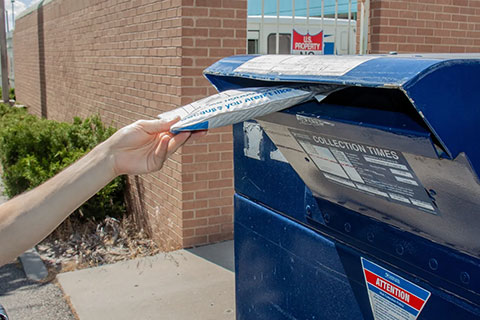The Pentera Blog
Get Women Together to Turn Potential Donors into Actual Donors
Barbara Stanny grew up wealthy - her dad was the "R" in H&R Block - so she assumed she would never want for anything, and she let her husband take care of all the finances. Big mistake. She says that in 15 years her ex gambled away all of her wealth - which she discovered when she tried to get $60 at an ATM and found there was no money left. In her colorful retelling of the story, she relates that she went to her father for help but he told her she needed to solve her own problems. She had three kids and was more than $1 million in debt.
Women as a whole are less knowledgeable about and more risk-averse than men when it comes to financial investments - a fact documented in numerous studies, including one by AARP - and yet they invest more in charitable contributions than men do. How can you help women feel empowered about finances and increase the number that participate in philanthropy even more? Experts on women's finances say you can turn potential donors into active donors by providing two things: information and support from like-minded women - which you may be able to offer without too much difficulty.
Provide Information
As for Barbara Stanny, she took charge of educating herself about finances and investments and is now considered an authority on wealth creation and management, particularly focusing on the issues faced by women. She conducts seminars, has a Web site, writes a blog for Forbes magazine, and has written several books - one of them titled Prince Charming Isn't Coming (with a follow-up seminar titled "Become Your Own Prince Charming"). Her cautionary tale of going from wealth to struggle and back to wealth is fascinating, surprising, and ... surprisingly simple: work on changing your mindset about money and take small practical steps.
Stanny recently participated in a panel discussion in which she opined that learning how money works is the first step to wealth creation and management, and she offered the following three steps as a way to begin:
1. Every day read something about money.
2. Every week talk with someone knowledgeable about money.
3. Every month put something in savings.
Your organization can help women educate themselves by providing educational information through your content-marketing strategies. Marketing pieces that are geared toward women and the issues they face will help empower and motivate them to take charge and to make gifts.
Offer the support from like-minded women
"It's the power of group," says Patricia Annino, a Boston estate-planning attorney with more than 30 years experience who is considered an expert in the unique investment issues women face. Such gatherings are often informally known in the philanthropic world as "giving circles"; and some nonprofits have established more formal women's philanthropy councils. Both approaches help empower and motivate women to take charge and to give.
Meetings can be as informal as a one-time gathering of several women facilitated by a planned giving officer - or as official as an established organization with a board, a Facebook page, and a Web site (such as the two-year-old Women's Philanthropy Council at Indiana University, www.women.iufoundation.iu.edu).
Annino, in her speeches to women across the nation, uses the analogy of the "sewing circles" of yore in which farm women congregated regularly to share techniques for making and mending clothes and performing other home crafts. Annino says that when women combine education with getting together with other women, it helps them feel comfortable and empowered in the role of being in charge of financial decisions.
The mission of the Indiana University Women's Philanthropy Council is to bring together women leaders, "providing connections, learning experiences, and opportunities to give back to the IU community in ways that create meaning for them on a personal level." Experts in the fields of philanthropy and women's finances universally talk about the sense of "personal connection" that many women donors need in order to want to give and to feel confident about giving.
What are your plans for connecting with and educating women through your marketing and organized giving councils?


